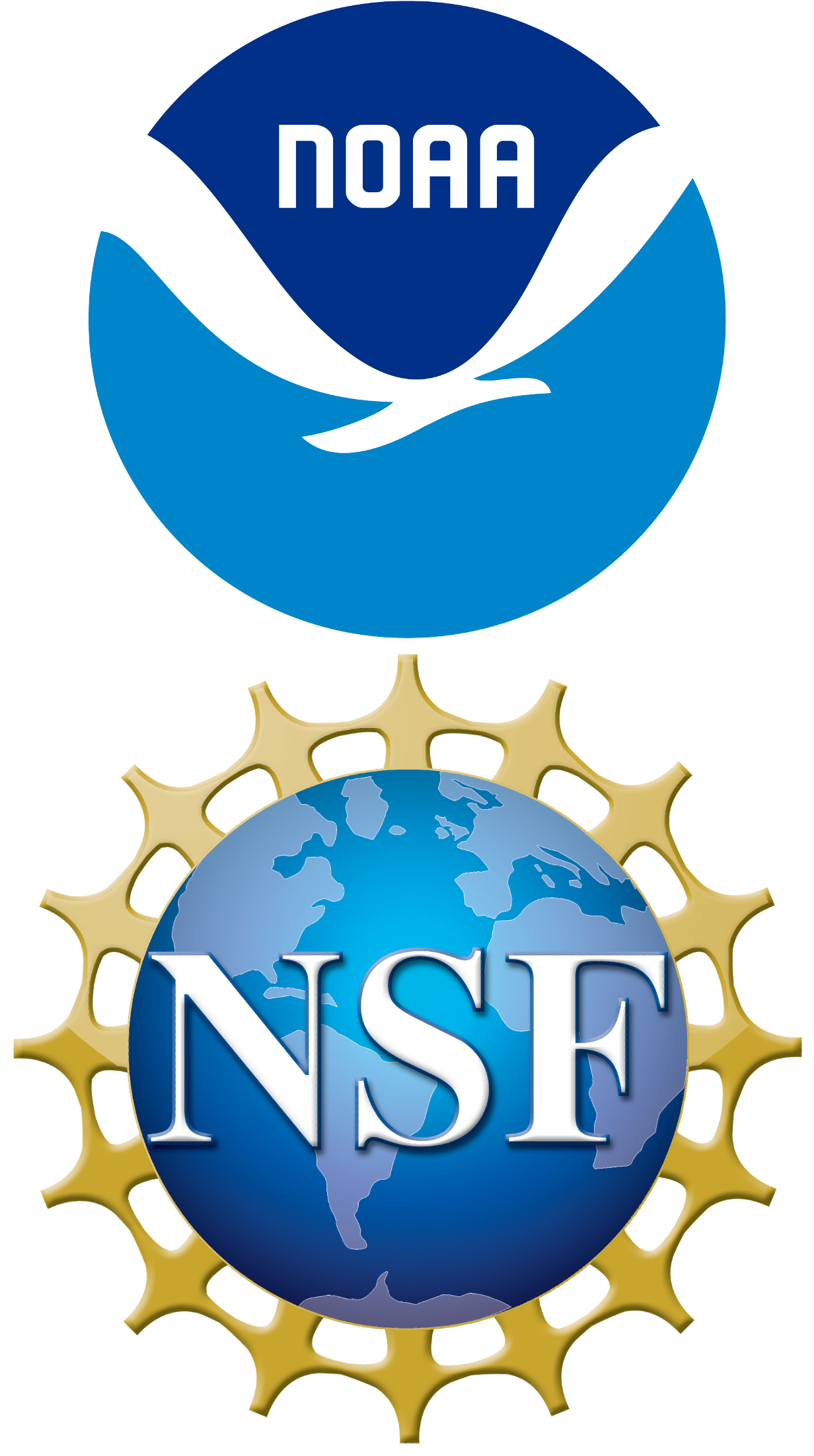Weather Ready Research Reports
The Weather Ready Research Award program supports social science and interdisciplinary innovation in disaster research, prioritizes novel areas of study that require the collection of ephemeral data, and provides training and mentoring for conducting ethical and rigorous hazards and disaster research. Weather Ready Research reports capture perishable data on recent events. All analysis is preliminary.
Call 5: Flood Ready Research and Data Publication
The fifth call for Weather Ready Research was focused on inland flooding in the United States. The call aimed to advance knowledge of how community members perceive and prepare for inland flood risks, understand flood forecasts, receive and respond to flood alerts and warnings, and make protective action decisions. To learn more, read the full Call for Flood Ready Quick Response Research and Data Publication.
WR18 | Do Virtual Reality Hazard Simulations Increase People’s Willingness to Contribute to Hazard Mitigation? Results From An Experiment (2025)
Wei Zhai, Marcio Giacomoni, Qin Haoming, and Huanchun Huang
WR17 | Assessing the 2023 Floods in Rural Vermont: Multimodal Methodology and Community Science for Mitigation in the Black River Valley (2025)
Charis Ford Morrison Boke, Sarah Kelly, Aletha Spang, Holly Sullivan, Dafne Valenciano Coronado, Elizabeth Reddy, Noah Bezanson, and Aidan Silvestro
WR16 | Strengthening Disaster Preparedness: Assessing Risk Perception and Early Warning for Flash Flooding (2025)
Ayorinde Ogunyiola and Oluwabunmi Dada
Call 4: Wildfire Ready Quick Response Research and Data Publication
The fourth call for Weather Ready Research was focused on advancing wildfire and fire weather research and data publication. The intent of this call was to help advance knowledge regarding how diverse community members perceive wildfire risk, prepare for wildfire threats, understand fire weather observations and forecasts, receive fire weather alerts and warnings, make evacuation decisions, and respond to and recover from the impacts of a wildfire. To learn more, read the full Call for Wildfire Ready Quick Response Research and Data Publication.
WR21 | Land Use Strategies for Wildfire Risk Reduction During Post-Fire Recovery in the Western United States (2026)
Tasnim Isaba, Divya Chandrasekhar, N. Emel Ganapati, and Suraksha Bhandari
WR20 | Wildfire, Smoke, and Power Shutoffs: How Residents Perceive Co-Occurring and Compounding Wildfire Hazards in Northern California (2025)
Francisca N Santana, Heidi Huber-Stearns, Nancy H French, Sue Anne Bell, and Alexandra Paige Fischer
WR19 | Risk Perceptions and Evacuation Decision-Making During Wildfire Events in Rural Texas (2025)
Ming Xie and Li Chen
WR15 | Support for Prescribed Burning in Midwestern States: Results From an Online Experiment (2025)
Esther Jose, Wouter Lammers, and Ronja Gerdes
WR14 | Local Voices of Maui: Critical Visual Reflections From the 2023 Maui Fires (2025)
Ratna Dougherty and Kaila Witkowski
WR13 | Community-Based Organization Cultural Brokering: A Case Study of the Almeda Fire (2025)
Christine da Rosa
WR12 | Transit Agencies and Wildfire Evacuation: Case Study of the 2021 Caldor Fire (2024)
Tara Goddard
Call 3: Tornado Ready Quick Response Research
This third call for Weather Ready Research supported social science and multidisciplinary research to identify how community members receive, interpret, and respond to tornado watch and warning messages. To learn more, read the full Call for Tornado Ready Research.
WR11 | How College Students’ Home Region Influences Their Risk Perceptions and Behaviors During Tornadoes (2024)
Amy Hyman and Joseph Richmond
WR10 | Sheltering Behavior During the December 2021 Tornado in Mayfield, Kentucky (2023)
John Mathias, Brandi Skipalis, Sanoop Valappanandi, Tisha Holmes, David Lafontant, Eren Erman Ozguven, Onur Alisan, Mehmet Kaya, Tyler McCreary, Efraim Roxas, and Austin Bush
Call 1: Weather Ready Research
The following is a list of recently funded awards as part of a call dedicated to advancing understanding of how to most effectively prepare for and communicate about extreme weather, water, and climate events. To learn more, read the full Call for Weather Ready Research.
WR9 | Risk Messaging During Syndemics: Hurricane Laura and COVID-19 (2022)
Lauren Clay, Alex Greer, Haley Murphy, and Hao-Che “Tristan" Wu
WR8 | The Effect of Experiencing Disaster Losses on Risk Perceptions and Preparedness Behaviors (2023)
Rowena Rowie Kirby-Straker and Leslie Straker
WR7 | Burned Area Emergency Response Teams: Interactions and Opportunities During Southwestern Monsoon Seasons (2022)
Catrin Edgeley, Noah Haarmann, and Anna Jaramillo-Scarborough
WR6 | The Role of 360-Degree Videos in Wildfire Preparedness (2022)
Na Yu and Lucy Atkinson
WR5 | Risk Communication Planning:
Learning From Lived Experiences of Homelessness (2022)
Jamie Vickery, Nicole Errett, Ann Bostrom, William Sweeney, and Hansen Wendlandt
WR4 | Learning From Hurricane Laura’s Near Miss: Evacuation Decision-Making Under Uncertainty (2022)
David Retchless and Ashley Ross
WR3 | Household-Targeted Hurricane Warnings for Effective Evacuation (2022)
Shandge Gao, Yan Wang, Ryan Qi Wang, and Corene J. Matyas
WR2 | The March 2020 Tennessee Tornadoes: Risk Perceptions, Preparedness, and Communication (2022)
Amanda Reinke, Jaymelee Kim, and Erin Eldridge
WR1 | Examining Public Response and Climate Conditions During Overlapping Tornado and Flash Flood Warnings (2022)
Jennifer M. First, Kelsey Ellis, and Stephen Strader
Acknowledgments

